Stories
February 15, 2024
Written in English and Spanish by Iván Chanis Barahona
Iván, a dedicated human rights defender, began his advocacy at New York University and gained important experience during his time as a diplomat. From indigenous rights to negotiating the Inter-American Convention on Older Persons, his journey blends diplomacy with activism. As a spokesperson for same-sex marriage cases, Iván founded Fundación Iguales – Panama, impacting 300,000 lives through inclusive campaigns. His life’s work reflects a commitment to justice and equality, driven by empathy and hope for a better world. Iván was a Shelter City Amsterdam guest in 2023 where he focused on collaborating with local allies and re-energizing.
To answer the question “who am I as a human rights defender?”. I have several answers that complement each other. It is a lifestyle. It is the story of how you live the principles of human rights. The milestones in that story mark your role in defending universal principles. The ups and downs give your perspective on the consequences of living those principles. In my case, it is the formation of Fundación Iguales and the hope of living in a world under the principles of justice and equality.
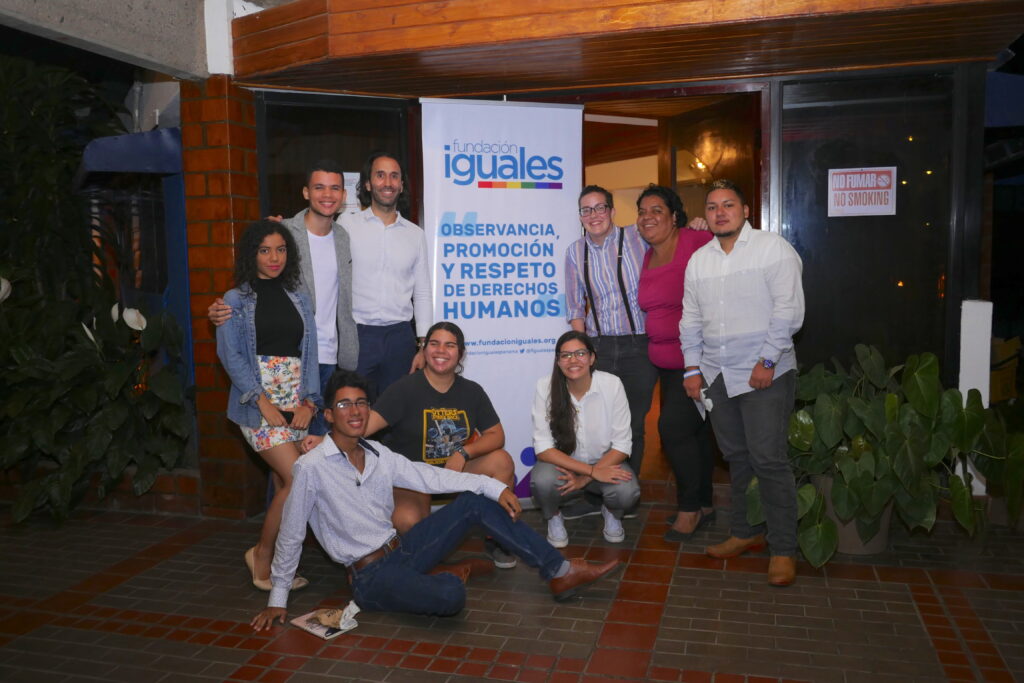
My journey formally begins while I was studying at New York University, when a classmate, who, as part of our master’s programme, was participating in some human rights clinics, spoke to me about it. Something that I did not fully understand, but knowing about her work was enough to activate that curiosity that has characterized my personal and professional development. Although I formally studied human rights in law school, I had only felt that curiosity then. I was 25 years old and had the good fortune of being exposed to lawyers from New York who cared about providing free legal support to disadvantaged people in the city.
Of the many milestones in my history that marked my role in defending universal principles, a key milestone is undoubtedly my time in Washington D.C. My greatest school was my time as a diplomat at the Organization of American States (OAS). I had to learn the beauty of multilateralism, of the worlds built in the different human rights systems, such as the universal and the inter-American. Little by little, I became exposed to and, let’s say, professionalized in the principles, standards, and jargon of human rights and its development, especially in the Americas.
Many naturally assume and box my experience in the rights of LGBTIQ+ people. But formally, my professional beginning took place working on the rights of indigenous peoples when I assisted my then supervisor in the Working Group in charge of negotiating the American Declaration on the Rights of Indigenous Peoples. I then assumed the position of negotiating the document for the Plan of Action for the Decade of Afro-Descendants in the Americas (2016-2025). I was also one of the negotiators for Panama on the Conventions on Racism and Discrimination (Inter-American Convention against Racism, Racial Discrimination, and Related Forms of Intolerance and the Inter-American Convention against All Forms of Discrimination and Intolerance) in that same multilateral space. My most extended and dedicated work is negotiating the Inter-American Convention On Protecting The Human Rights Of Older Persons.
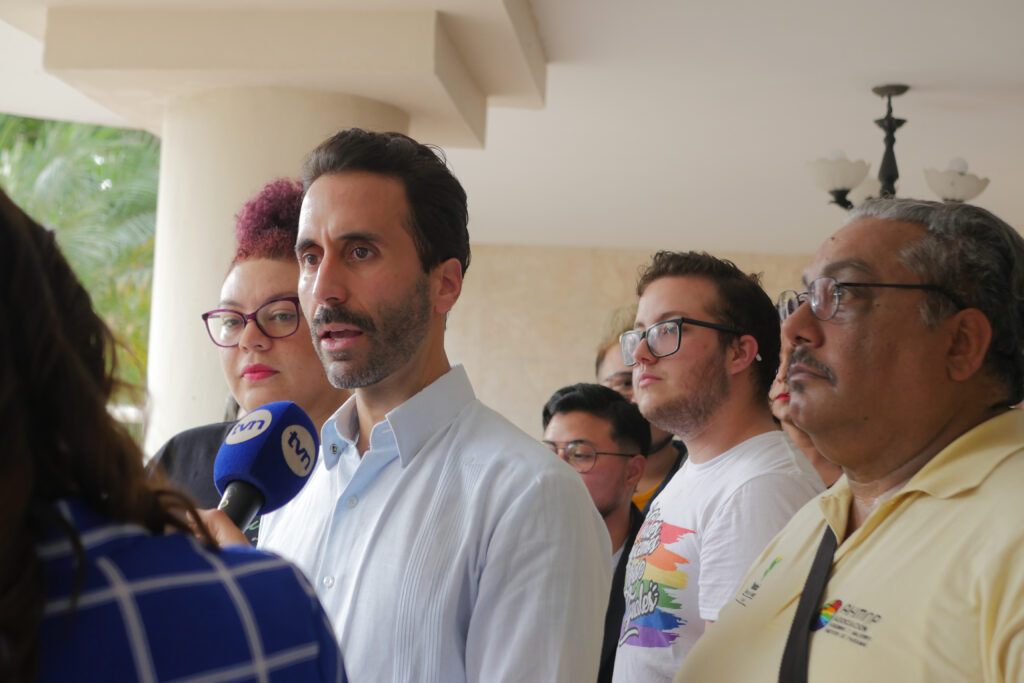
This stage of my diplomatic work was unique because it forged the activist that I am today. Participating in the conceptualization, negotiation, and approval of the first binding international instrument on the protection of the human rights of older persons. Equally important was taking on leadership positions within the Working Group in charge of negotiating the Convention, first as Vice President and then as President, where I had deep exposure into intersectional work with experts from the different member countries, representatives of specialized organisations such as the Pan American Health Organization, a plural and technical civil society, and where I collaborated closely with Human Rights Watch and Hospice International, the Inter-American Commission on Human Rights, as well as the General Secretariat of the OAS. Just remembering those thousands of hours of negotiation, constructive work, and learning, which resulted in one of the most progressive instruments currently in the international human rights system, is one of the most outstanding achievements of my adult life.
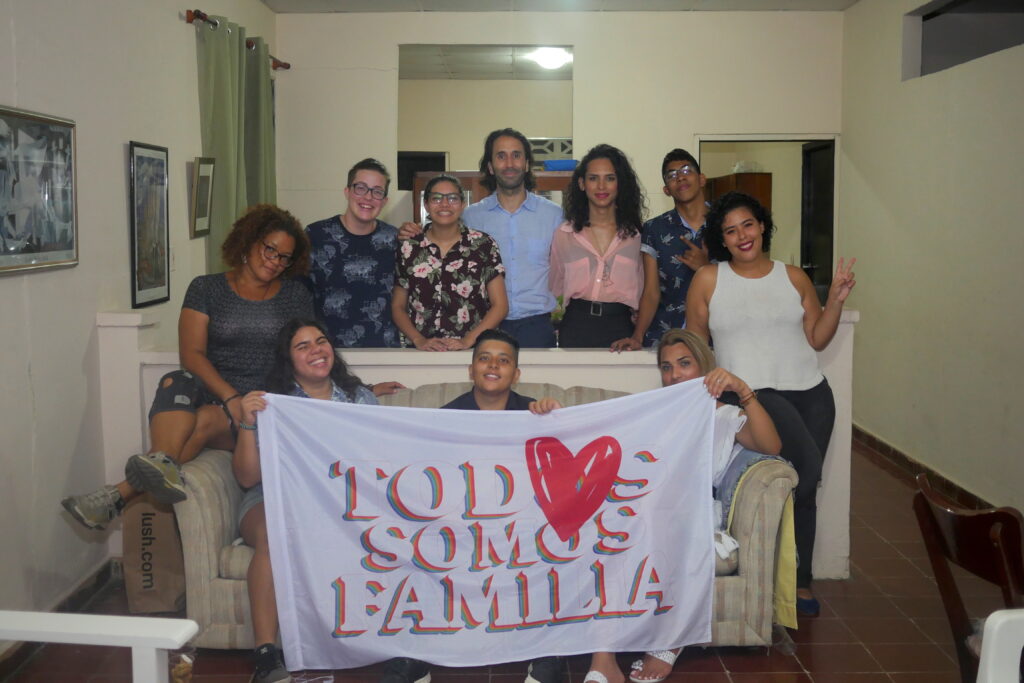
And there are certainly moments of ups and downs that teach you about the consequences of living by human rights principles. Taking a brief leap into a period of deep disappointment in the institutions where I dedicated much of my energy and professional innocence, the universe allowed me to explore another area of my passage through this life: becoming a human rights activist. I was already one of the lawyers who participated in the cases on civil marriage of same-sex couples in Panama. When it became public, I also became a spokesperson for the case. This exposed me exponentially to public life, which changed my life. I would no longer be a stealthy and strategic activist, rather a visible, assertive one, who uses his visibility to normalize the lives of LGBTIQ+ people. Then, it was obvious that I had to start what is now one of the most successful and credible human rights organizations in the rich plurality of civil society in Panama and the Americas; one of my extraordinary life projects – Fundación Iguales – Panama.
What began as a creative idea is today the inspiration for more people to feel and find respect for their dignity within our society.
Fundación Iguales was formed with the idea of taking advantage of spaces that had not traditionally been explored in LGBTIQ+ activism, always respecting the work that generations of activists had already achieved, seeking not to interfere or duplicate efforts but to enrich social work for the full inclusion of lesbian, gay, bisexual, trans, intersex, queer people and other people part of the sexual diversity and, in an intersectional manner, any group under vulnerable conditions.
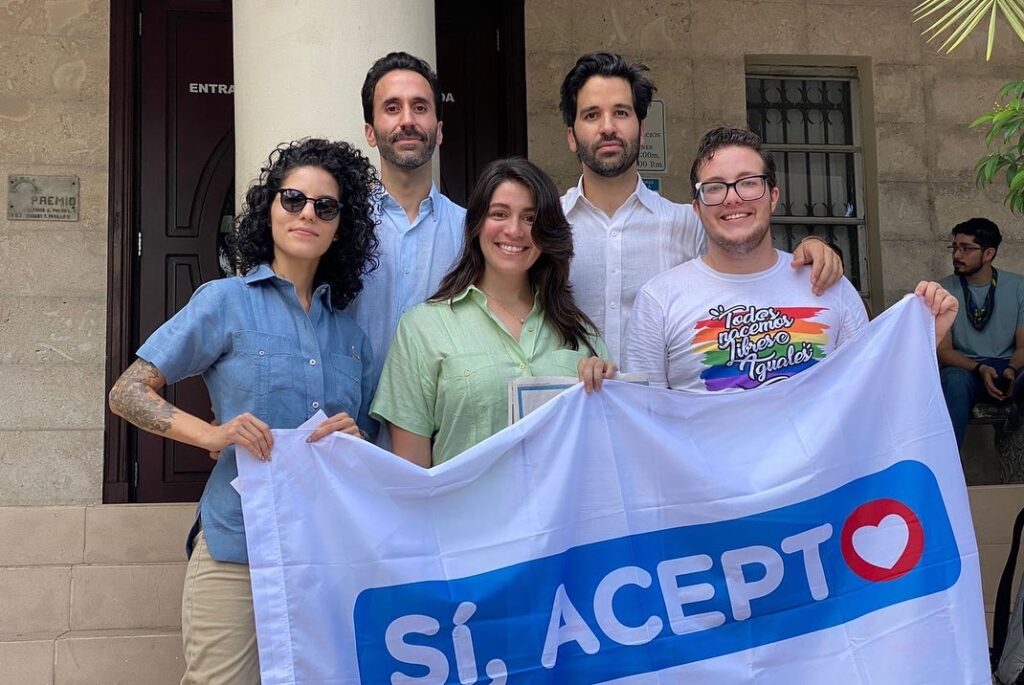
It has already been seven years of hard work. What began as a creative idea is today the inspiration for more people to feel and find respect for their dignity within our society. Initially, I had to create everything from a press release to Instagram posts on Canva. Today, we are a multidisciplinary team achieving social change. Our first financial support from an institution coincidentally came from the Embassy of the Kingdom of the Netherlands. A country that has now welcomed and supported me through the Shelter City initiative. Today, with the help of international human rights organizations, embassies, companies, volunteers, and followers, we can say that Fundación Iguales has improved the lives of people of sexual diversity in Panama and the Americas. With national awareness campaigns such as Sí Acepto, we can categorically say that, in three years of campaigning, 300,000 people in Panama have joined the support for LGBTIQ+ people and their right to live in freedom.
Being a human rights defender is a lifestyle.
For me, being a human rights defender is a lifestyle. It is a conviction in the values of humanity, community, commitment, protection, promotion, and respect. Whoever defends these, profoundly understanding the values associated with human rights, is a person who seeks to find empathy towards other people in every moment and space of life. As humans we are not perfect, but it is the duty of everyone who has had the privilege of knowing the beauty of human rights principles to constantly and consciously educate themselves and expand their knowledge and reach of humanity in all its diversity, complexities, challenges, and richness. I strive to live that way, within my principles, doing a constant philosophical exercise of where I am and where I want to go, where I can best serve, and engaging in an increasingly honest reflection of my own personal needs for happiness.
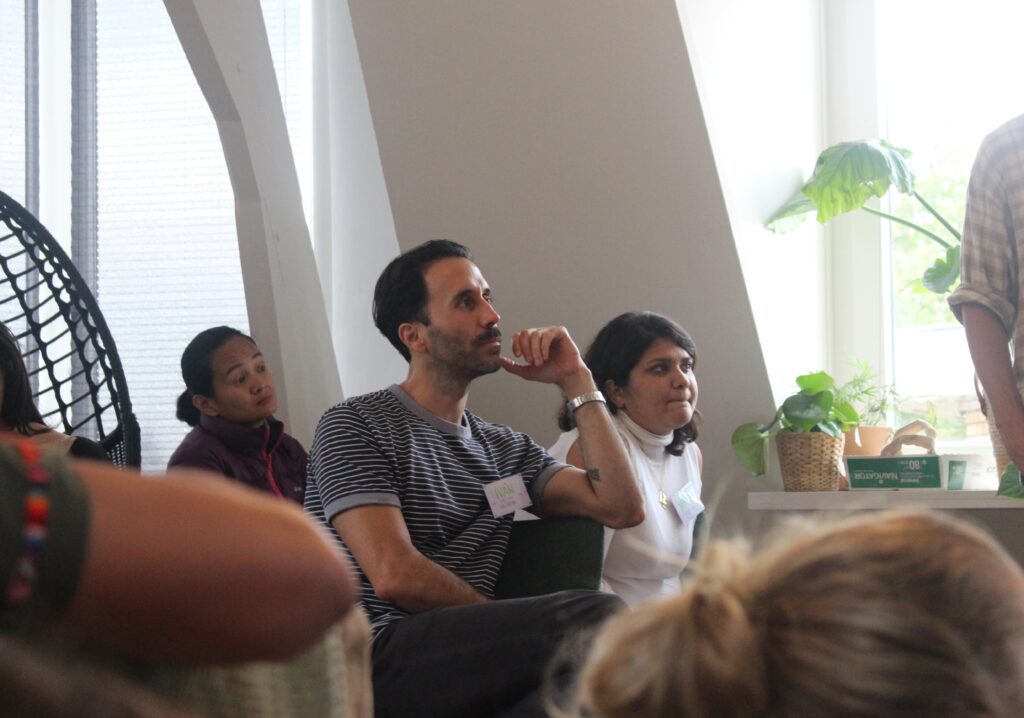
What always persists is the hope of living in a world under the principles of justice and equality.
What always persists is the hope of living in a world under the principles of justice and equality. The work has, at times, been challenging, a constant uphill climb, especially with a government that refuses to accept the times when democracy intrinsically needs respect for the human rights of all groups without discrimination. But the path continues with conviction in our mission. I am especially inspired by the youth and their desire to live in a society of equals. Advances will come sooner or later; I have already experienced them. But for a young queer to testify that he is not afraid to be out of the closet because he is convinced that, as a result of my contributions, he is confident that he will live, despite the challenges, in a better society than in previous years, that is the testimony that I need to feel satisfied. Change is imminent, and thus, many more people will live happily and freely.
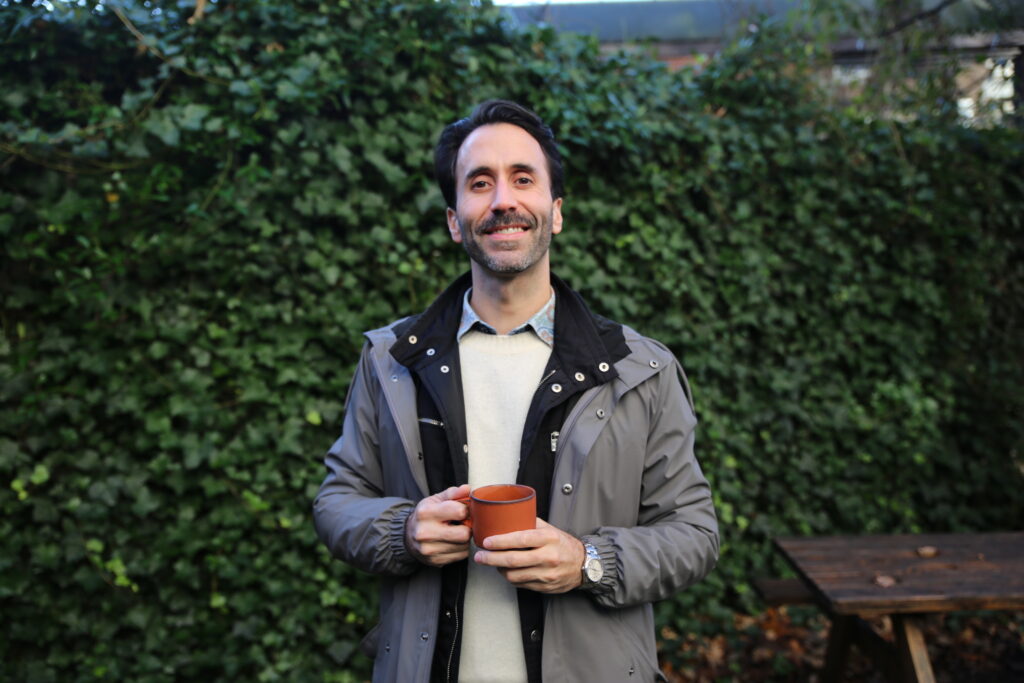
We thank Iván for sharing his story of growth and perseverance.
